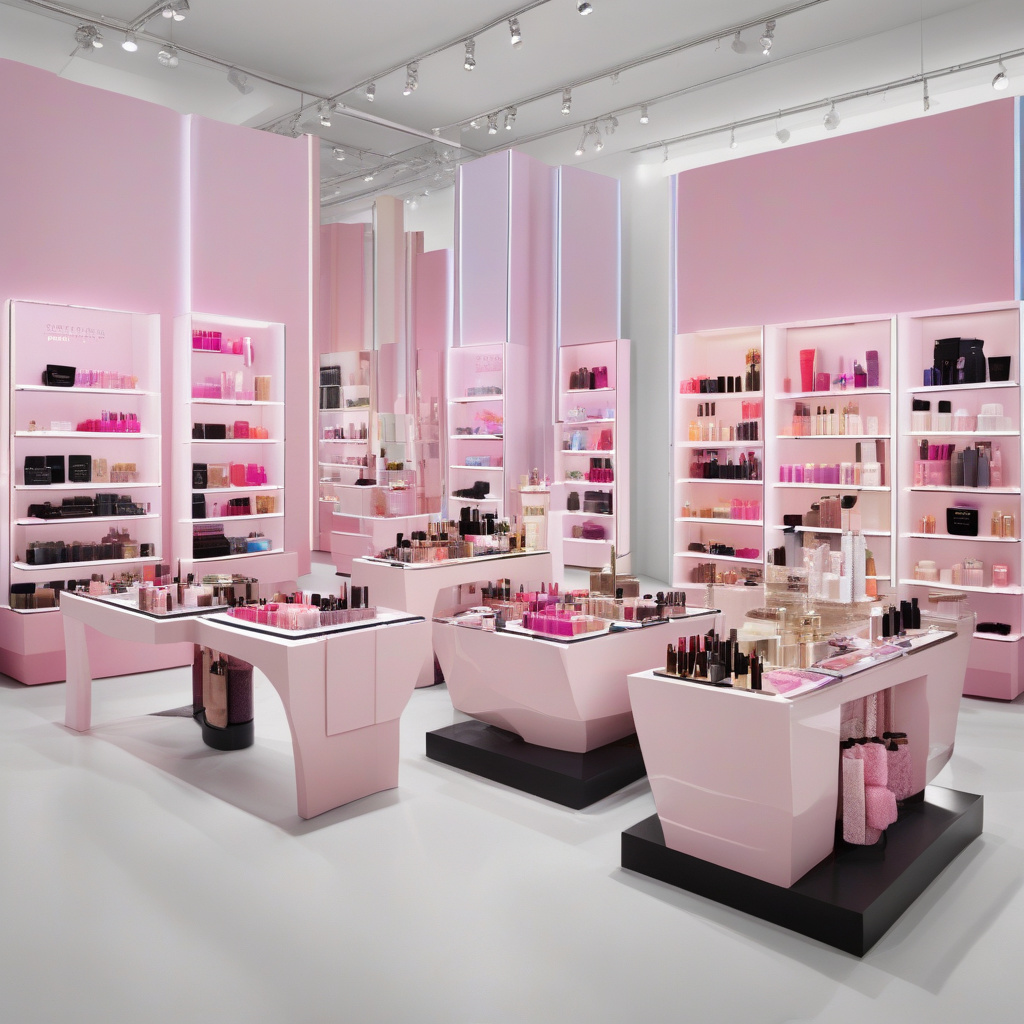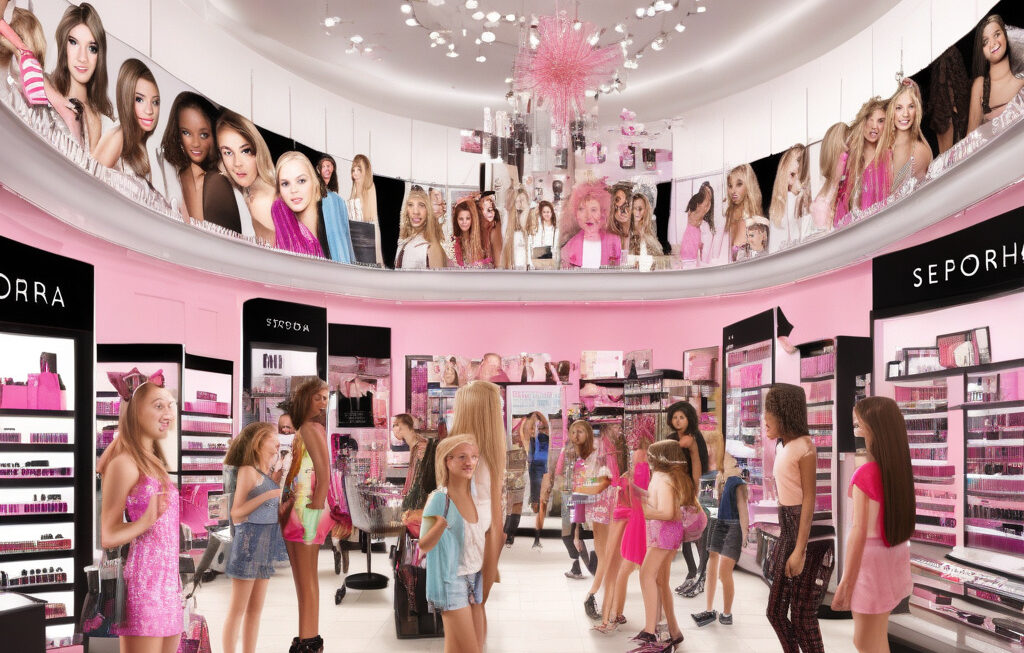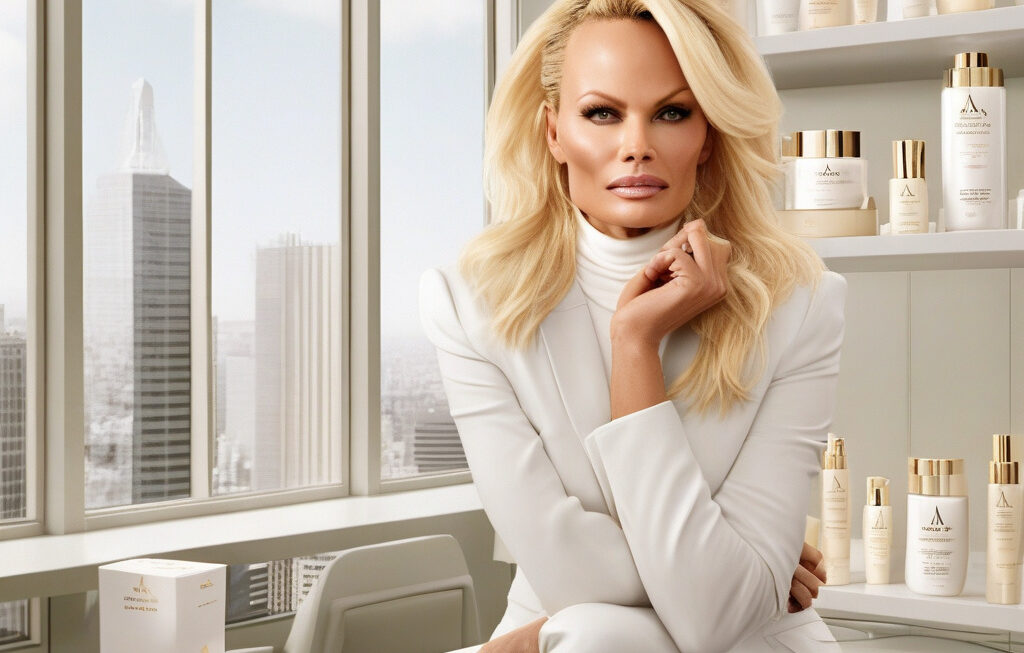Do Beauty Brands Need Sample Sales?
In the ever-competitive world of beauty brands, the question of whether sample sales are a necessary strategy has been a topic of debate. Drawing inspiration from the fashion industry, beauty brands have started to adopt the concept of limited-time shopping events to clear excess inventory and generate buzz among consumers. However, while sample sales have proven to be successful for fashion houses, the fast-paced, discount-driven model may pose unique challenges for cosmetics, skincare, and haircare brands.
One of the primary benefits of sample sales for beauty brands is the ability to create a sense of urgency and exclusivity among consumers. By offering limited quantities of products at discounted prices for a short period, brands can drive excitement and encourage impulse purchases. This can be especially effective for attracting new customers who may be hesitant to invest in full-priced items without trying them first.
Moreover, sample sales provide an opportunity for beauty brands to clear out excess inventory and make room for new product launches. In an industry where trends are constantly evolving, it is crucial for brands to manage their inventory effectively to avoid waste and stay competitive. By offering discounted products at sample sales, brands can not only recoup some of their costs but also create space for fresh innovation.
However, the discount-driven nature of sample sales can also present challenges for beauty brands. Unlike fashion items that are timeless and seasonless, beauty products have expiration dates and specific usage guidelines. Offering these products at deep discounts during sample sales may devalue the brand and create the perception that their products are not worth their full price. This can ultimately erode brand equity and undermine the brand’s positioning in the market.
Moreover, the fast-paced nature of sample sales may encourage impulse purchases that do not necessarily translate into long-term customer loyalty. While sample sales can attract bargain-hunters and deal-seekers, these customers may not be the target audience for beauty brands looking to build a strong, loyal customer base. Instead of fostering meaningful connections with customers, sample sales may promote a transactional relationship that does not prioritize brand engagement and long-term value.
In conclusion, while sample sales can be a useful strategy for beauty brands to clear excess inventory and create buzz among consumers, it is essential for brands to approach these events with caution. By balancing the need to drive sales with the importance of maintaining brand integrity and customer loyalty, beauty brands can leverage sample sales effectively to achieve their business objectives. Ultimately, the success of sample sales for beauty brands lies in their ability to strike a delicate balance between discounting products and preserving brand value in a fast-paced, ever-evolving industry.
beauty, brands, sample sales, cosmetics, skincare, haircare












